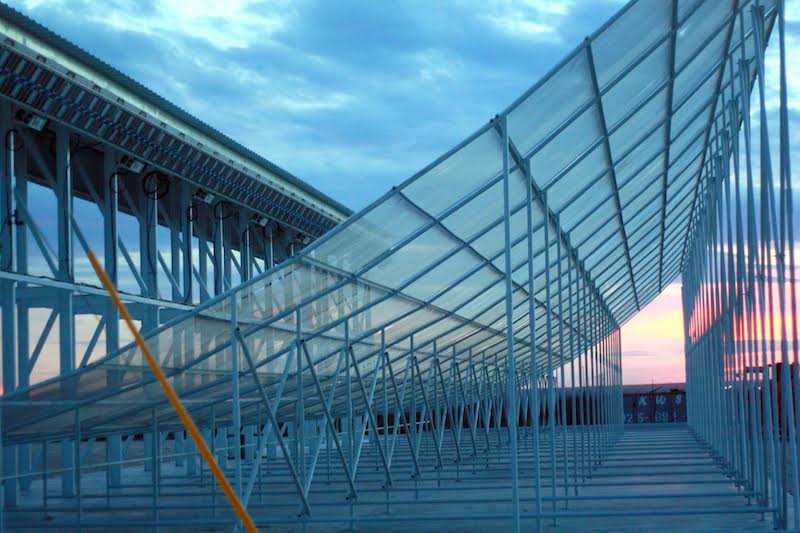 EMERGING TECH
EMERGING TECH
 EMERGING TECH
EMERGING TECH
 EMERGING TECH
EMERGING TECH
Satellite protection and mapping startup LeoLabs Inc. today said it has raised $10 million in new funding to expand its network of next-generation radars for tracking small debris and satellites in low Earth orbit.
The Series B round, its latest funding since it raised $4 million in February 2017, was led by WERU Investment and Airbus Ventures with Space Angels and Horizons Ventures also participating.
Founded in 2015, LeoLabs builds and operates radars to track satellites and the debris that threatens them. It noted that about 250,000 dangerous pieces of orbital debris remain untracked in low earth orbit, threatening satellites.
The company protects LEO satellites in two ways — by providing the foundational data for tracking and characterizing objects in LEO, including small debris, and by making this commercial data accessible to the LEO community through their API and platform.
LeoLabs is not alone in tracking space debris. The U.S. Air Force maintains its own sensor grid to alert space companies when a space-borne orbit is on course to collide with their satellites. But according to some, the network is dated. LeoLabs, by comparison, claims to be able to provide a more reliable alternative.
According to NASA, orbital debris consists of derelict spacecraft and upper stages of launch vehicles, carriers for multiple payloads, debris intentionally released during spacecraft separation from its launch vehicle or during mission operations, debris created as a result of spacecraft or upper stage explosions or collisions, solid rocket motor effluents and tiny flecks of paint released by thermal stress or small particle impacts.
The average impact speed of orbital debris with another space object is approximately 6 miles per second, meaning that collisions with even a small piece of debris will involve considerable energy and damage.
That’s where LeoLabs steps in, giving companies forewarning that their LEO satellites may collide with orbital debris. That in turn gives companies the opportunity to move the satellite if they have the ability to do so.
THANK YOU